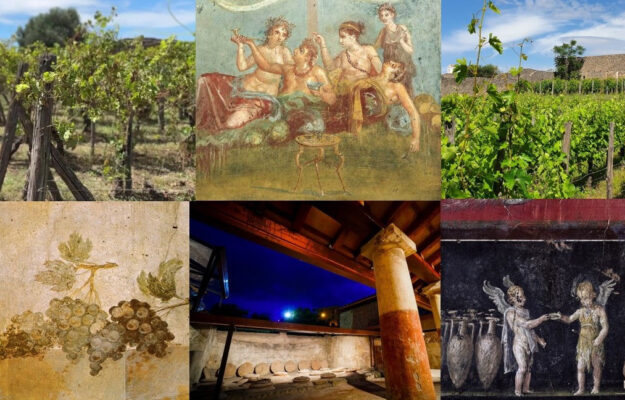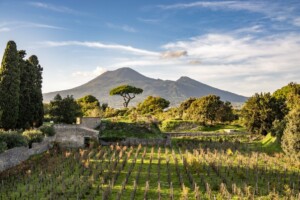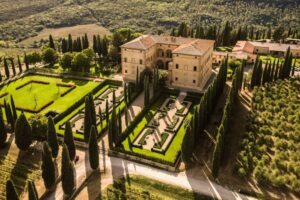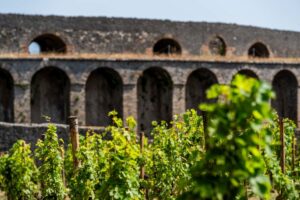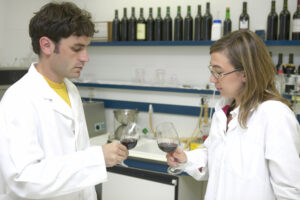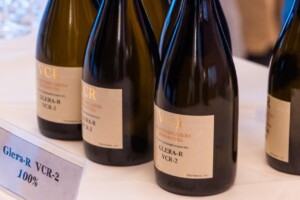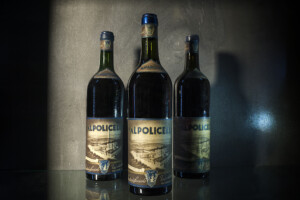In addition to excavations and amazing discoveries, the vines in Pompeii will now continue to be cultivated as they had been for centuries. WineNews has learned that a leading wine group in the Campania Region, Feudi di San Gregorio, will be taking care of the vineyards of the most visited Archaeological Park in the world. Feudi di San Gregorio is the “guardian” of the Region’s wine history, centered in Irpinia, in Sorbo Serpico (where the “patriarchs” of the vine are, a highly valued and centuries-old heritage of world viticulture). There are other guardians, including Galardi, producer of the iconic Terra di Lavoro wine, in the Caserta area; Basilisco, symbolic winery in Vulture; Campo alle Comete, in Bolgheri; and Sirch, in the Colli Orientali del Friuli, which has a put down roots in Ischia (as we mentioned recently). The official announcement of the new partnership between the Italian Park and the Group led by Antonio Capaldo, for the fascinating and exceptional Azienda Agricola Pompeii’s winemaking project, combining agriculture and culture, and the dream of reviving “Pompeian wine”, is expected in the next few days.
“We are super excited, and though it is true that we have been awarded the contract, there is a lot of work to do to define all the steps of the project and launch it”, Antonio Capaldo interviewed by WineNews, said. The competition involves taking care of almost 6 hectares of vineyard in Pompeii (there are already 1.7 hectares in the ancient city, planned to expand to 5.8 hectares in the near future, between Pompeii and the other sites of the Park, such as Stabiae, Oplontis, Boscoreale and Longola, ed.). We will work with native vines of Campania and a winery where we will make wine following protocols that are obviously modernized, but respect history. The research center and regenerative hub of the Azienda Agricola program is in the Pompeii Nursery, where they will experiment on vines, while in years past a selection of ancient vines that grew in these areas until the eruption of Vesuvius in 79 AD was made, including Piedirosso, Caprettone, Fiano, Coda di Volpe and Greco di Tufo. The new project provides for the entire wine production to be conducted in the Park, from grapes to bottle, including refining and aging wines that could come from the Casa Europa or Foro Boario vineyards, as if they were Crus from an “archaeological zoning”.
The Pompeii Agricultural Company carries out agri-food productions among its fields, educational gardens and vineyards, which in their techniques and characteristics, have roots in the Ancient Rome era, as Paolo Mighetto, Director of the Green Management Works of the Archaeological Park, explained to us when the project was launched. The goal is to reactivate a territory that in ancient times was one of the most fertile in the world, and continues to be, as part of the “Campania Felix”, the fortunate definition that we owe to the naturalist, Pliny the Elder, who died in Stabia, when Vesuvius erupted.
Copyright © 2000/2026
Contatti: info@winenews.it
Seguici anche su Twitter: @WineNewsIt
Seguici anche su Facebook: @winenewsit
Questo articolo è tratto dall'archivio di WineNews - Tutti i diritti riservati - Copyright © 2000/2026










